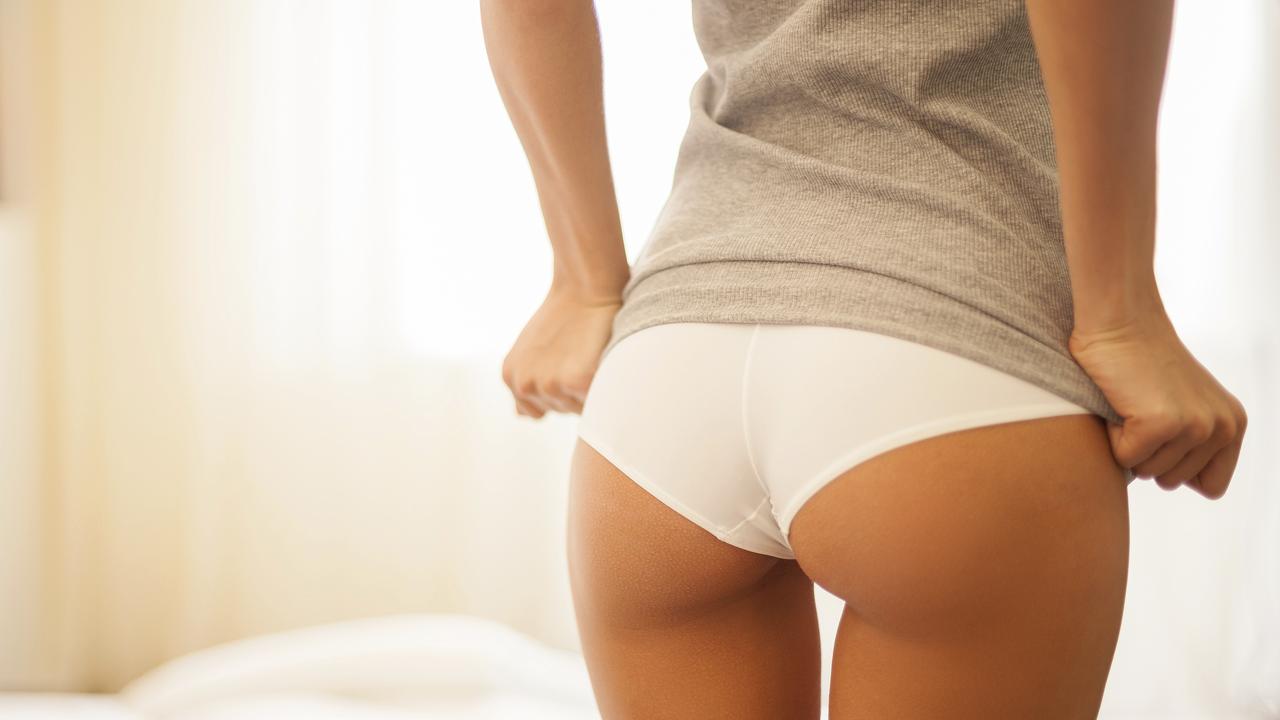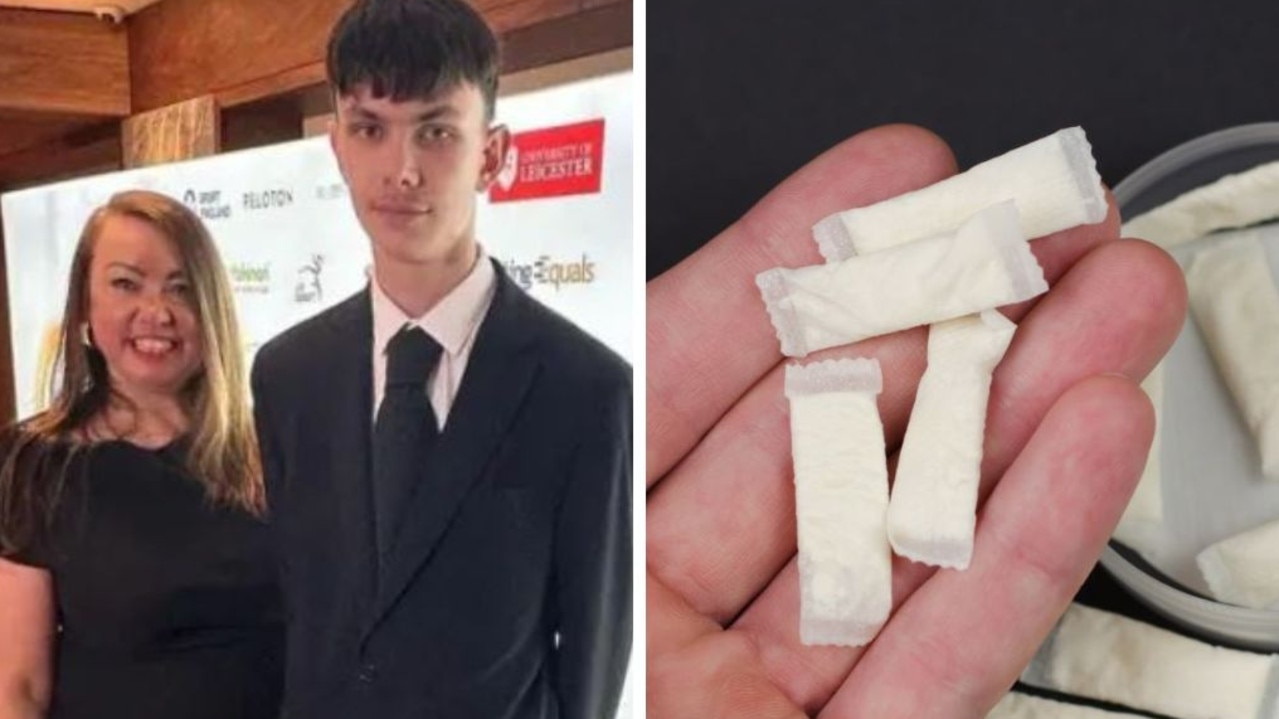How dish washing liquid can protect against coronavirus infection
Medical experts have revealed the household product that can be used to keep hands germ-free hands when hand sanitiser isn’t available.

With a widespread shortage of hand sanitiser across the country – many people are desperately searching for alternatives to protect themselves against coronavirus.
And now doctors have revealed that washing up liquid may be a good alternative.
They say it can protect against the deadly bug if hand gels or liquid soap are unavailable.
Dr Sarah Jarvis, GP and clinical director of health website patient.info, told The Sun: “The best solution for washing your hands is to use liquid soap and warm water.
“Obviously, it’s also important to wash your hands really thoroughly, cleaning every part (this should take about as long as it takes you to sing ‘happy birthday’ twice).
RELATED: Hand sanitiser versus soap: Which is better?
RELATED: Photos show why it is essential to wash hands for a full 30 seconds
“However, if liquid soap isn’t available, you can use a solid soap bar – after you wash your hands with it you should rinse it off and pat it dry before replacing it.
“You could also use washing up liquid. This is likely to be effective.”
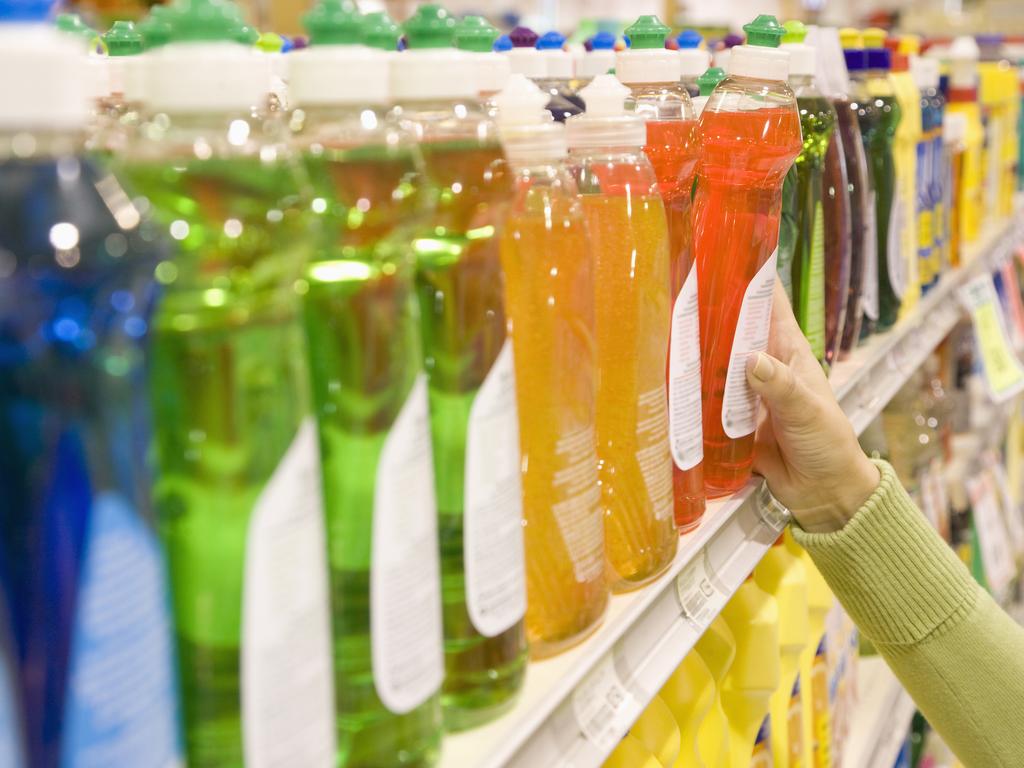
Despite this, Dr Jarvis warned that washing up liquid was not designed to be used neat on hands so “may leave your hands feeling dry” if you use it often.
Dr Adrian Heald, from Salford, Manchester in the UK, also said that dish washing liquid will work against coronavirus.
He wrote on Twitter: “People, please do NOT panic if liquid soaps are sold out, a bar will also do the job (rinse after use and pat dry) or use dish washing liquid, the coronavirus has a fatty outer layer, anything that dissolves fat will work!”
It comes as, in February alone, hand sanitiser sales were up 255 per cent, according to research company Kantar.
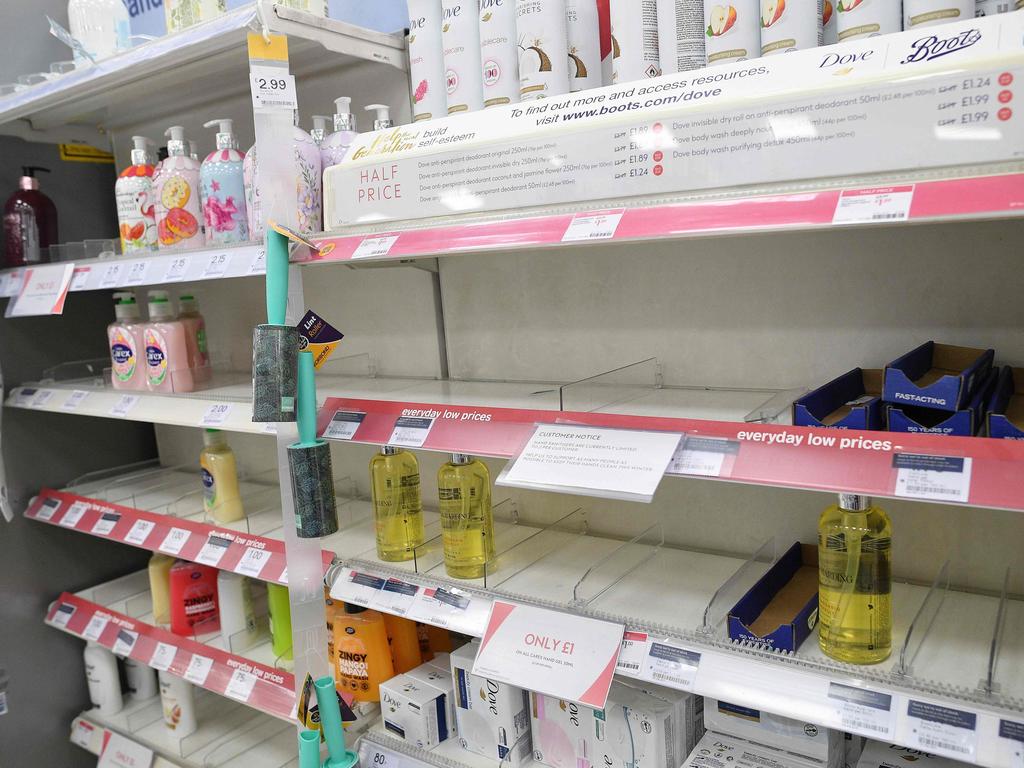
Other kinds of liquid soaps saw sales increase by 7 per cent, and 10 per cent more was spent on household cleaners.
The demand has seen some second-hand sellers in the UK take advantage of the low stock, such as putting hand gel which costs 50p ($A1) in Lidl for sale on eBay for £40 ($A80).
Earlier today, it was confirmed an eighth victim had died from coronavirus in Bali.
The 53-year-old woman was “critically ill” before contracting COVID-19, an Indonesian government spokesman has said.
The death is the first linked to coronavirus in Indonesia, however, the global death toll has surpassed 4280.
British Health Minister Nadine Dorries also became the first MP to be diagnosed with coronavirus yesterday.
The Conservative MP said she has been self-isolating at home after testing positive, and her parliamentary office has closed following advice from Public Health England.
While hand sanitiser is an effective way to keep hands germ-free when on the go, an Australian health expert has spoken about why this method shouldn’t be a frontline defence.
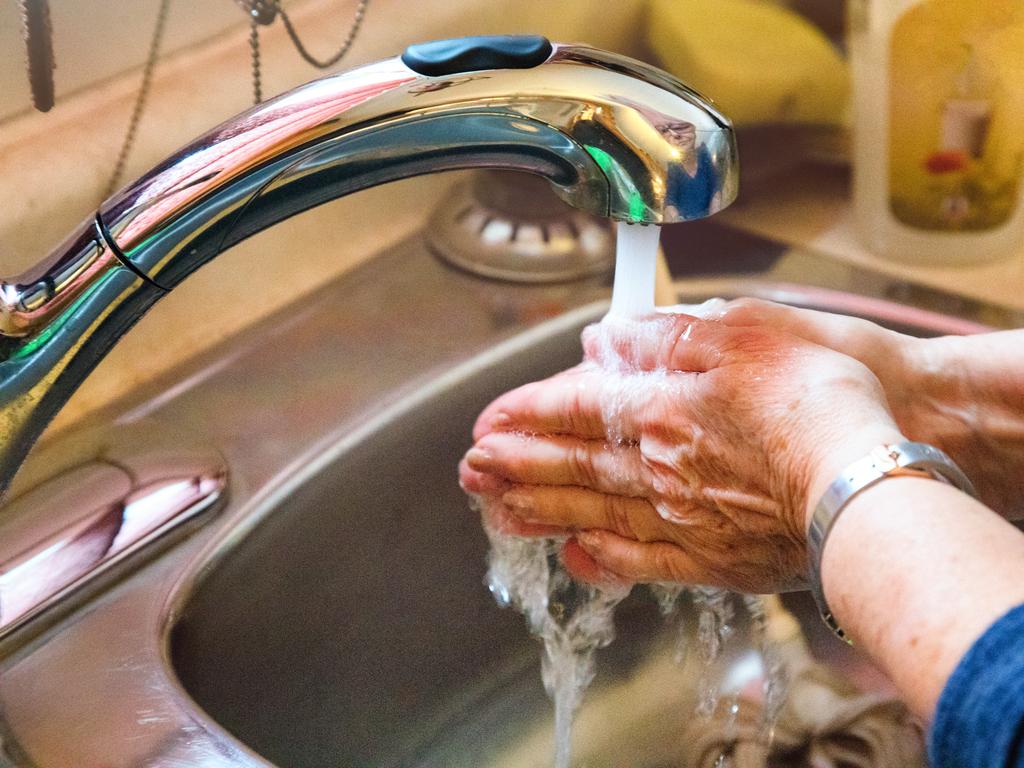
Professor Peter Collignon, an infectious diseases physician and microbiologist in Canberra, said if your hands are not clean in the first place, sanitiser is not effective.
Prof Collignon told news.com.au previously that if your hands were visibly soiled or dirty then any disinfectant doesn’t work as well.
“If anything is dirty then clean it first and then disinfect,” he said.
“It’s a similar principle for surgical instruments and medical equipment.”
While some have been worried that cheaper sanitisers won’t work as well as more expensive versions, Prof Collignon said they were just as effective but may take longer to work depending on their concentration of alcohol.
There have also been concerns that hand sanitisers are antibacterial and don’t work on viruses but Prof Collignon said this wasn’t the case. They will kill most bacteria and viruses.
This article originally appeared on The Sun and was reproduced with permission
Originally published as How dish washing liquid can protect against coronavirus infection

